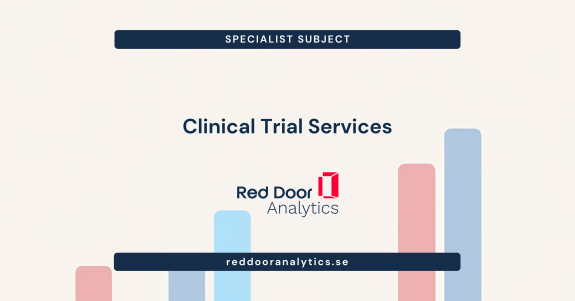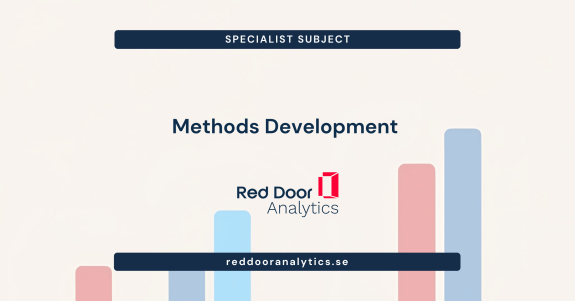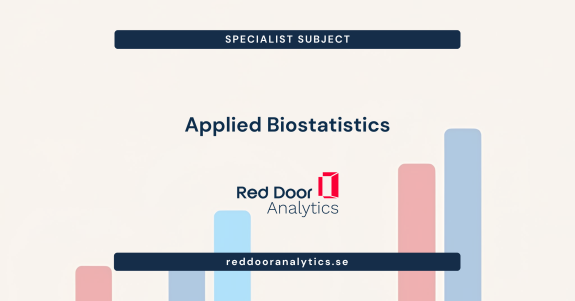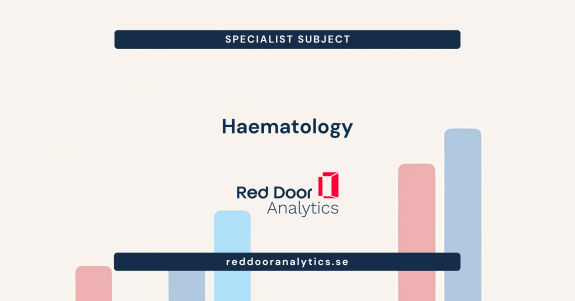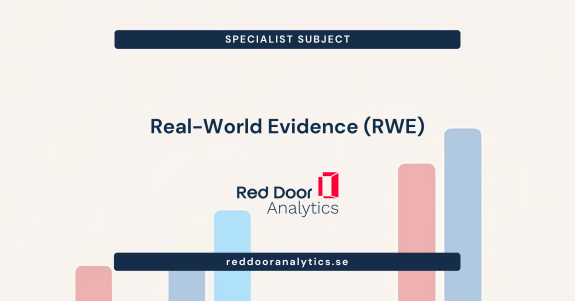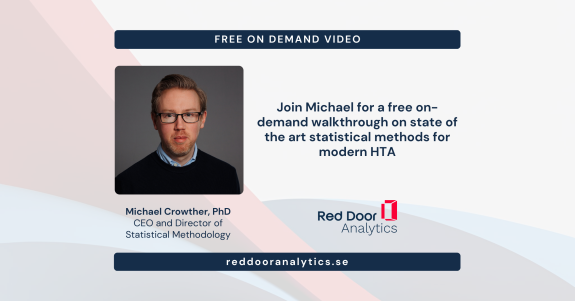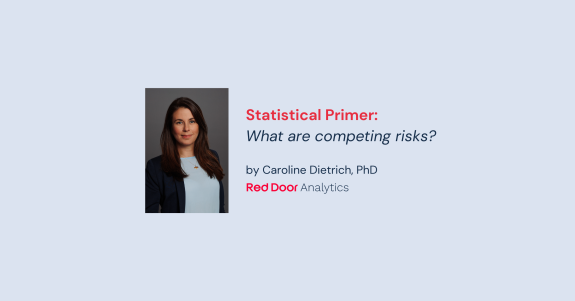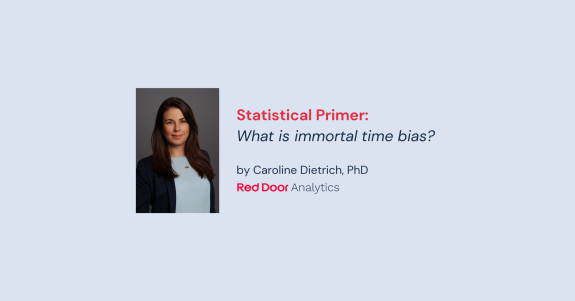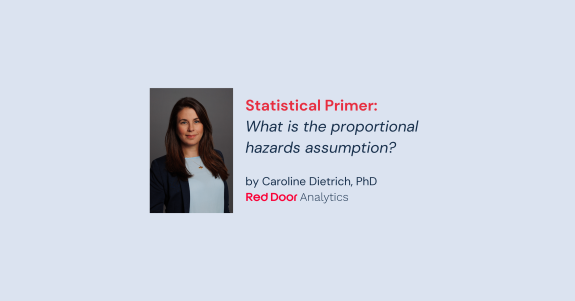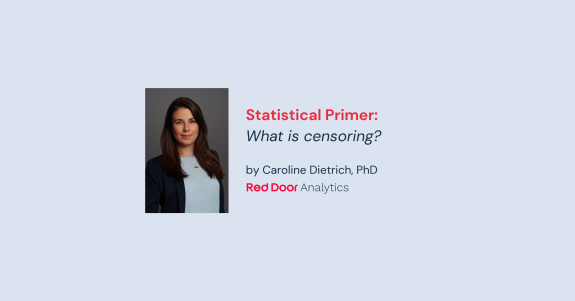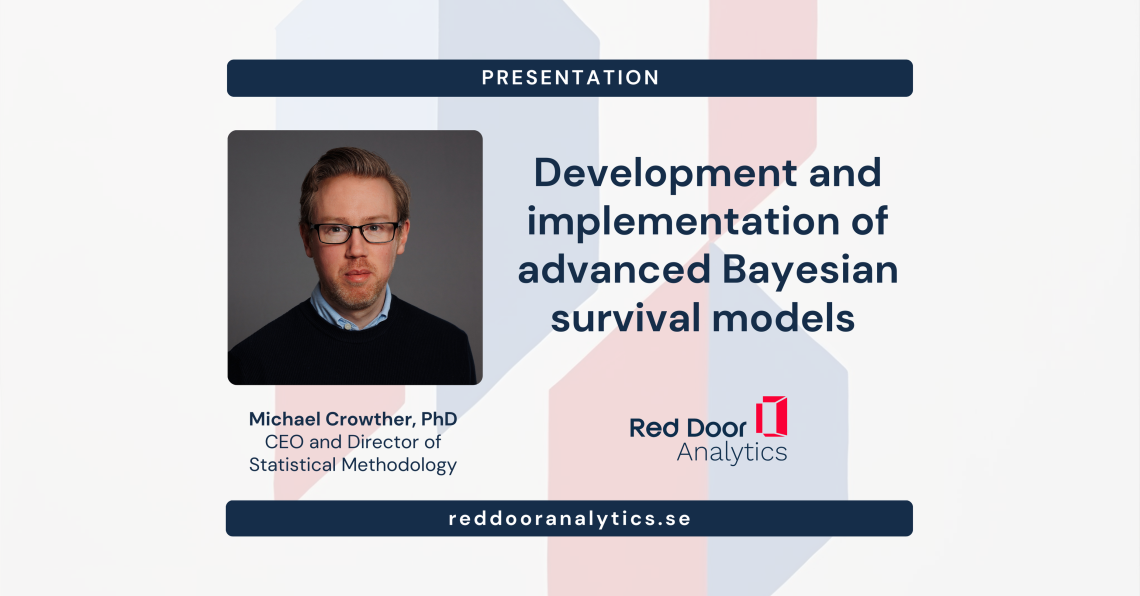
We are excited to announce that we will be participating in Karolinska Institutet’s Biostatistics Networking Event as both an exhibitor and a presenter. Be sure to stop by our booth to chat about projects where we can lend our expertise or simply to catch up on your latest work!
Our CEO and Director of Statistical Methodology, Dr Michael Crowther, will be one of three keynote speakers at the event. He will deliver his talk Development and Implementation of Advanced Bayesian Survival Models at 16:50. Michael was for many years an academic biostatistician, rising to Associate Professor of Biostatistics at the University of Leicester, before relocating to Stockholm in 2021 to pursue some new challenges. He is an expert in survival analysis and joint longitudinal-survival models, having made numerous contributions to the fields, and widely respected as a statistical software developer.
Abstract
In this talk I will take a brief look back (and critique) at my own use of Bayesian methods, with a focus on survival analysis. Starting from a Master’s project using multilevel Poisson models in WinBUGS, to my latest work, bringing advanced survival analysis tools to Stata, I will touch on how the lack of user-friendly (and validated) implementations are often the limiting factor to widespread adoption of new techniques. Using an example in breast cancer, I will then show how to estimate competing risks and illness-death multi-state models seamlessly within a Bayesian framework, incorporating prior information for covariate effects, and baseline hazard parameters. Previously, colleagues and I have developed likelihood-based methods for flexible parametric survival analysis, competing risks analyses and general multi-state modelling. Thanks to Stata’s -bayesmh- command, it requires relatively little amounts of developer time to sync up a user-written likelihood function, with a general MCMC engine, providing us with a user-friendly, powerful modelling framework which brings together cutting-edge modelling techniques in survival analysis, with the Bayesian paradigm, all with a single line of code. Importantly, we have also developed the predict functionality to obtain a wide range of easily interpretable predictions, such as cumulative incidence functions and (restricted) life-expectancy, along with their credible intervals.
Details
- Date: May 15th
- Time: 15:00-20:30 CEST
- Location: Karolinska Institutet, Campus Solna, Aula Medica
- Cost: Free
- Registration: Please register on the KI website

